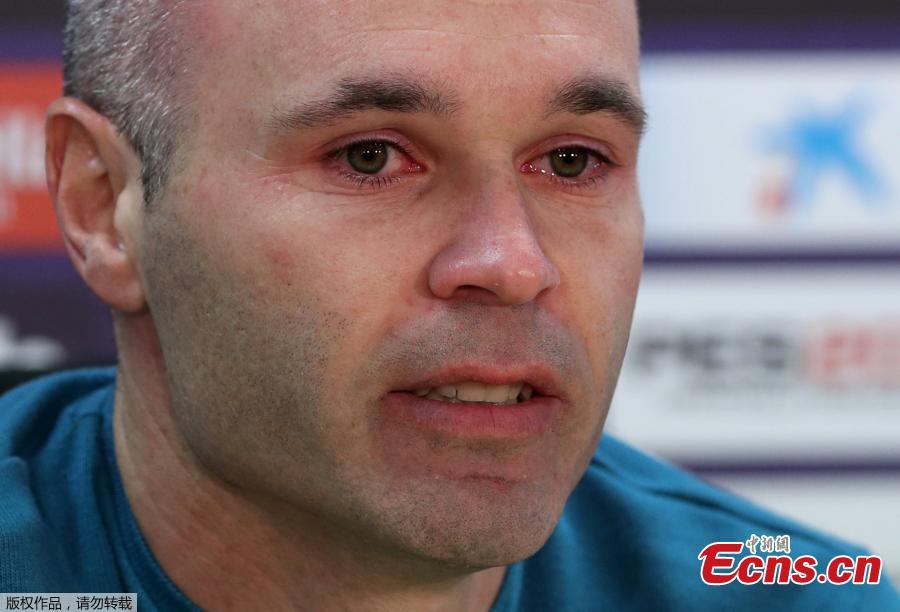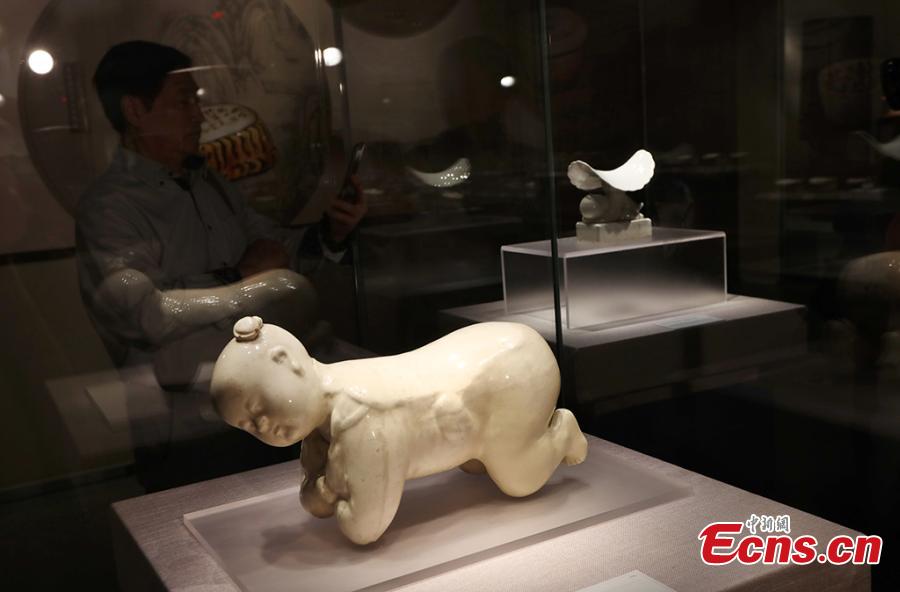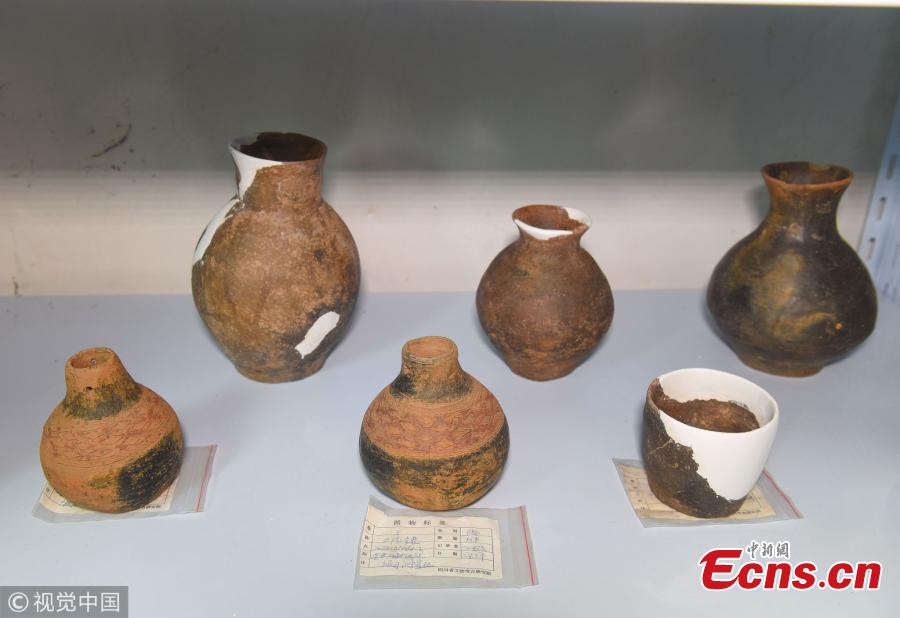
People visit the Baidu exhibition stand at the Light of the Internet Expo in Wuzhen, Zhejiang province. (Photo provided to China Daily)
Searching for information about illnesses on Baidu, the most popular Chinese online search engine, you are unlikely to find any useful information on the diseases on the first one or two pages as they are full of advertisements for healthcare products. Beijing News comments:
Baidu's paid listing mechanism has come in for heavy criticism, particularly in regard to health. Two years ago, a 22-year-old man surnamed Wei from Xianyang, Shaanxi province, died at home of synovial sarcomain, a rare type of cancer, after exhausting all his families' savings in futile treatment at a "prestigious" hospital in Beijing his father had found through an advertisement on Baidu.
It turns out the hospital had rented its rooms to some private clinics, a common practice then, which the Baidu advertisement did not mention.
Wei's death put pressure on Baidu to reform its paid listing system. Regretfully, medical advertisements are a reliable source of revenue for Baidu. And although there is a sign telling the internet users at the top of the page that the results are advertisements, the sign is invariably small and can easily escape people's notice.
In fact, Baidu's returning to its old tricks is inevitable, because it received no punishment after Wei's death, despite it prompting the health authorities to ban public hospitals from renting rooms to private practitioners. And there is still no law preventing search engines from listing search results according to how much they have been paid for the privilege.
It is high time the law outlawed the practice that poses direct threats to public health. The internet, commerce and public health authorities should take joint actions to put an end to paid listings in searches for medical information as soon as possible.


















































